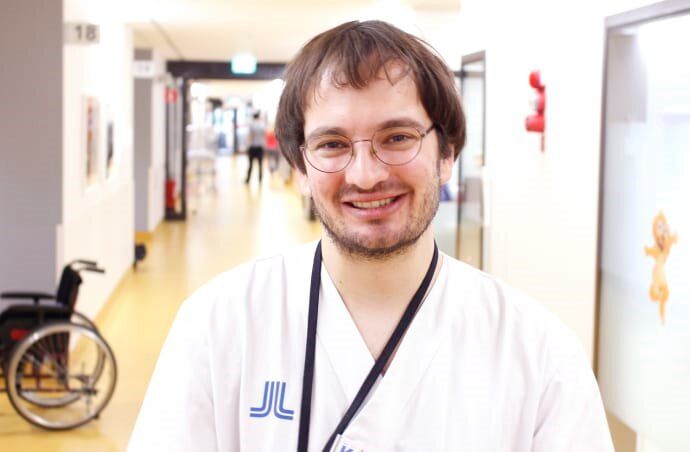A common and inexpensive drug may be used to counteract treatment resistance in patients with acute myeloid leukemia (AML), one of the most common forms of blood cancer. This is the conclusion of a study in mice and human blood cells performed at Karolinska Institutet and SciLifeLab and published in the medical journal EMBO Molecular Medicine. The researchers will now launch a clinical study to test the new combination treatment in patients.
Leukemia is a group of blood cancers that results in excess amounts of white blood cells. There are both chronic forms of leukemia that progress slowly over many years and acute types of leukemia that evolve rapidly. AML affects more than 20,000 people in the United States each year, and the mortality rate is high especially in older patients.
One of the most common drugs to treat AML is cytarabine (ara-C), a cytotoxic drug that interferes with DNA replication. However, many patients do not respond to the treatment because their leukemic cells express high levels of the enzyme SAMHD1, which breaks down the active metabolite of cytarabine, ara-CTP. These patients have a significantly worse survival rate than patients with low leukemic levels of SAMHD1. Therefore, one promising strategy to improve the treatment of AML is to inhibit the effects of this enzyme on cytarabine.










Comments are closed.